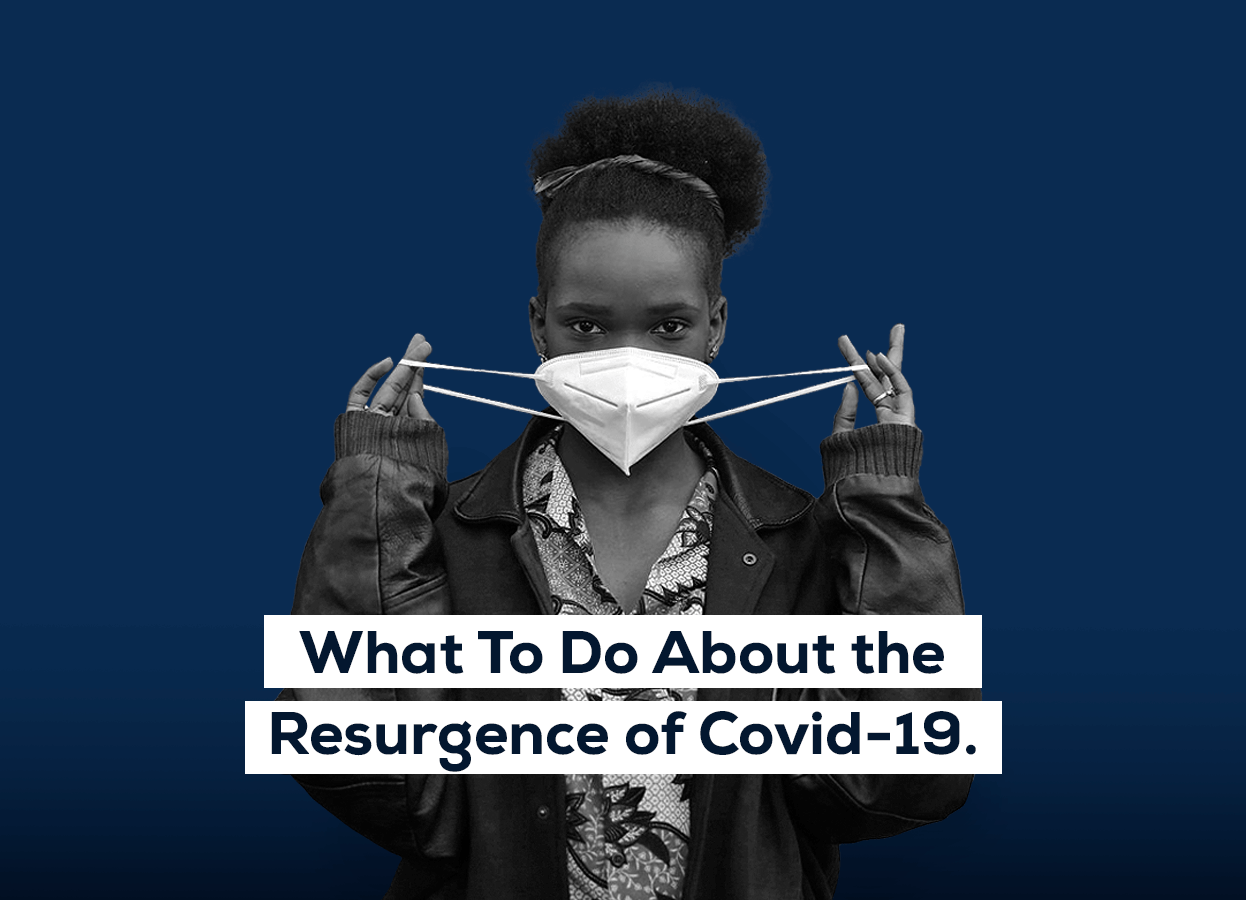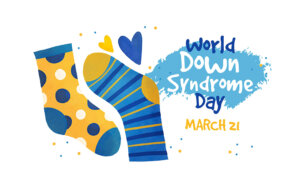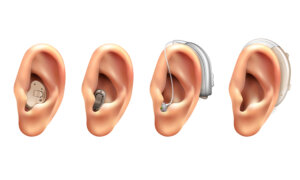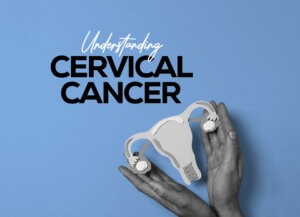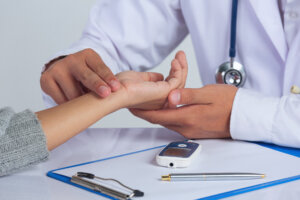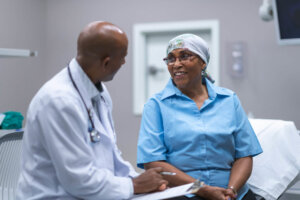Have you heard, Covid-19 cases have been making headlines around the Globe?
Before now, in 2022, it seemed normalcy had gradually returned, and the global emergency had become a thing of the past. What happened? Did we get comfortable too soon?
The World Health Organization (WHO) confirms the infamous SARS-CoV-2 variant, which causes COVID-19, has evolved, and new variants have emerged. These new variants, including the B.1.1.7 (UK variant), B.1.351 (South African variant), and P.1 (Brazilian variant), among others, may have different characteristics, such as increased transmissibility, reduced effectiveness of current vaccines, and ability to evade the immune system, which changes the treatment and prevention options for COVID-19.
In recent times, China, the home of the first-ever Covid outbreak in late 2019, The United Kingdom, The United States, and some other European and American countries have been dealing with the re-emergence of Covid-19. This resurgence is being faced due to several factors, such as, the spread of new and more transmissible variants of the virus, the easing of public health measures, and the slow pace of vaccination efforts in these countries. These countries have experienced a resurgence of worrying numbers of admissions and deaths recorded, with more than 467 deaths per day in the United States as reported by Nebraska, a mid-western U.S. state.
Now, Nigeria has joined the list.
As of January 2023, Nigeria has reported over 260,000 confirmed cases of COVID-19, with over 3,000 deaths (Source: Trading Economics).
However, due to limited testing and issues with data collection, the true number of cases is likely to be much higher. In response to the pandemic, the Nigerian government has implemented several measures to slow down the spread of the virus. Some of these measures include the closure of schools and non-essential businesses and the imposition of a curfew in some areas. Additionally, the government has encouraged the use of face masks and has distributed personal protective equipment to healthcare workers.
Despite the effort of the government to prevent its spread, the virus has continued to spread in Nigeria, particularly in urban areas. This has led to a resurgence of cases in the country, with daily case numbers reaching new highs in recent months. Factors contributing to this resurgence include increased travel during the holiday season, and the relaxation of restrictions by the government.
In addition, there are reports of vaccine hesitancy among Nigerian citizens, which could lead to difficulty in controlling the spread of the virus. The government has launched a vaccination campaign, but progress has been slow due to the limited availability of vaccines.
The resurgence of COVID-19 in Nigeria has significant public health and economic implications. The country was already facing significant economic challenges before the pandemic, and the resurgence of cases is likely to further exacerbate these issues. The healthcare system in Nigeria is already overburdened, and the resurgence of cases is putting significant strain on hospitals and healthcare workers.
Overall, the resurgence of COVID-19 in Nigeria is a serious concern, and it is important for the government and the public – you and me – to take conscious steps to slow the spread of the virus. This includes increasing testing and contact tracing, promoting vaccination, and enforcing measures to slow the spread of the virus such as wearing masks and social distancing.
However, as it stands, there is now a need for everyone to take responsibility for their personal protection.
The Situation Report
In Nigeria, it is no longer business as usual. All incoming travelers will now be required to provide evidence of COVID-19 vaccination.
This worrying resurgence prevails on us as people go about their new year engagements, seemingly unaware of the mild but potentially increasing outbreak.
It becomes even more worrisome when you factor in the election season that is upon us, with campaign rallies and PVC collection, pulling in noble citizens in large numbers.
The re-emergence of Covid-19 leaves us with huge personal and collective health decisions to make.
What Can You Do In All Of This?
Do Not Panic: This information is not to get you agitated, scared, or however you might feel, getting to know about the re-emergence of COVID-19 in Nigeria. It is simply a call to action and a reminder that the Nigeria Centre for Disease Control (NCDC) precautionary measures are still in order and everyone has to pitch in to ensure we slow down, and if possible, stop the spread of Covid.
Get Vaccinated: The COVID-19 vaccine has proven itself to be effective in reducing the risk of contracting the severe symptoms of COVID, hospitalization, and death. The vaccines are currently available to some (eligible) groups of people, pending when it is enough to go round. It is important to get vaccinated to protect yourself and also those around you. You can get vaccinated at a credible health facility around you. Ensure that you get your COVID-19 shots and follow local guidance on vaccinations.
Practice Social distancing: While social distancing hasn’t been fully re-introduced, you can at least avoid considerable contact with people in public and crowded places.Social distancing means keeping at least 6 feet away from strangers, and other people who are not part of your household to reduce the risk of transmission of the virus. Now is the election season when different locations will be crowded, either for campaigns, rallies, polling, etc, and keeping a considerable amount of distance from people might seem impossible. However, for your safety and the safety of your loved ones and those around you, try to keep a distance.
Use Nose Masks: This is advisable in public places as it limits direct interaction with the moist air exchanged by others, thereby restricting the possibility of contracting the virus.
Note: It’s not a jaw mask. Neither is it a chin mask. It is called a nose mask for a reason. Make sure your mask covers your nose, mouth, and chin to prevent any form of contact. Also, make sure to wash your hands, clean your hands before you put your mask on, before and after you take it off, and also after you touch it at any time.
Wash your hands regularly: As you might have known, the virus is transmitted through fluids released from sneezing, coughing, etc. You may touch a surface that a carrier might have sneezed or coughed on. So, you should wash your hands thoroughly with soap and water regularly, especially after touching public surfaces, as it is an effective way to prevent the spread of the virus. In the absence of soap and water, an alcohol based sanitizer is advisable.
Follow guidelines from health authorities: Stay updated with information as regards the virus from health authorities such as the Nigerian Centre for Disease Control (NCDC). This also allows you to know some measures you can take to protect yourself and others.
Quarantine and check in: Quarantine is the separation and isolation of individuals who may have been exposed to the virus to prevent further spread. Check-ins are regular assessments of individuals’ health status to monitor symptoms of COVID-19. Quarantine and check-in for a quick test, especially after an international trip to affected areas is advisable to prevent the spread of the virus.
Lastly, check in with your doctor: See a medical doctor if you are having symptoms or signs of COVID-19 infection in you or others. These signs include fevers, coughing, loss of smell and taste, shortness of breath, muscle pains, headaches, and fatigue. The symptoms may be familiar with malaria hence the need to check in with your doctor to confirm what you have.
Even if there is slow implementation of the measures described above, everyone needs to personally commit to them for their own safety.
The world depends on you and me. We can make the world a better place. Cheers to a a safe you!

